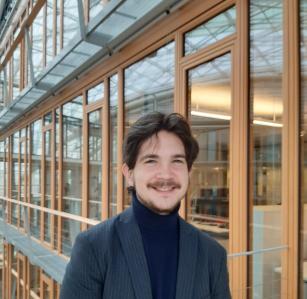A large drainage project will cut the Ouagadougou floods that make it hard for women to earn a living because of the impact on daily life and the economy in Burkina Faso’s capital
Safieta Kabore and Aminata Traore grow parsley, mint, lettuce, and corn in Ouagadougou. But heavy floods destroy most of their crops and make it impossible to sell anything at their market stalls each rainy season.
During the rains, “the whole area is flooded, as if we were inside a well,” says Traore. “We often cannot work in our market. Selling in the market is the only job we have. This allows us to pay for our children's schooling.
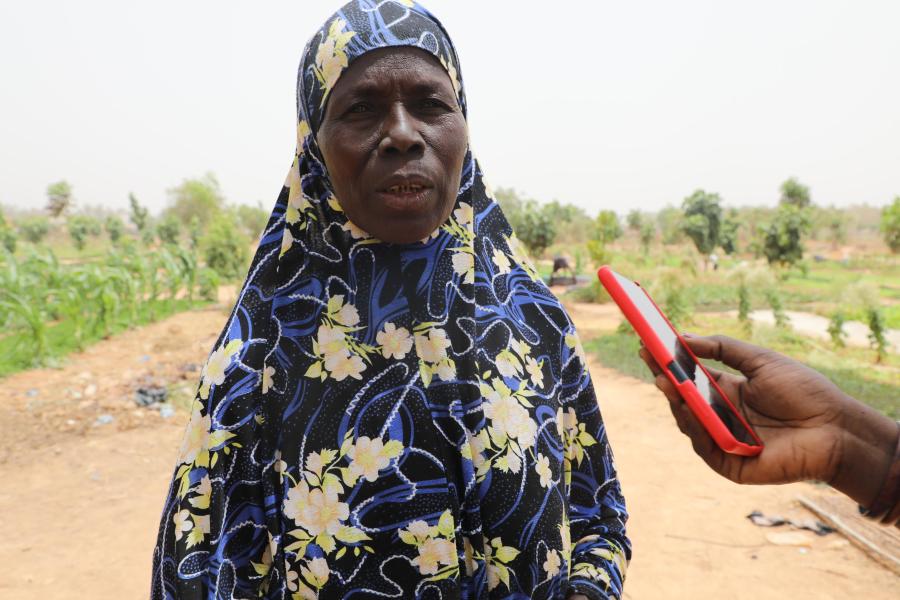
Safieta Kabore
Urban flooding is a major problem in Burkina Faso’s capital city. The heavy rains force families in some areas to abandon their houses and live in extremely poor conditions every year. “We cannot access markets, schools, and hospitals,” says Kabore. “Every day, we drink water infected by diseases like cholera and we are vulnerable to mosquitoes carrying malaria.”
The European Investment Bank, the European Commission, and the French development agency, Agence Française de Développement, are working with city and state officials to build a five-kilometre water-drainage channel to stop water from backing up in the Tanghin district in central Ouagadougou. Two years ago, the EU bank signed a €15 million loan with the city to support the project. Work should be completed in 2024.
“By stopping the flooding, we will help Ouagadougou’s population have a better quality of life, with fewer diseases,” says Sosthène Djigemde, director of the project. “It will also help preserve businesses and create more employment.”
Traore is looking forward to the changes. “We will have clean water all year,” she says. “This will mean more vegetables and work for local women.”
Disastrous rains
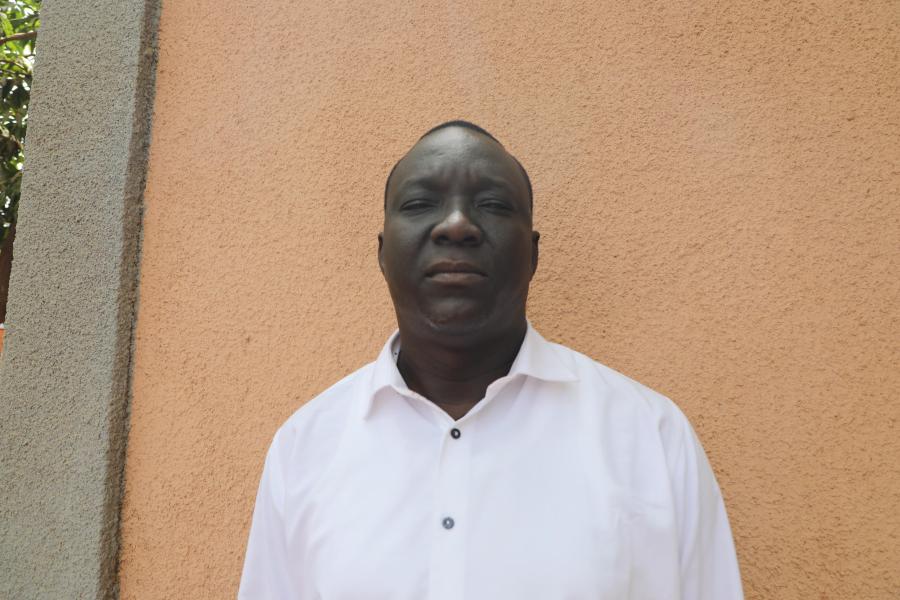
Sosthène Djigemde, director of the project
In 2009, the city experienced one of the most disastrous floods in its history. The area received about a third of a metre of rain in 10 hours. “Our community saw the death of many people and our city being destroyed by heavy floods, sinking the entire population into panic and despair,” says Djigemde. “Faced with all the damages, I felt powerless.”
Flooding has become even worse with the increasing effects of climate change. In Ouagadougou, there have been at least five floods annually over the past decade, destroying more than 24 000 homes and damaging 150 000 properties. The city also suffers from poor sanitation. Only about 50% of households have good waste-removal and sanitation services.
“If household garbage is not removed regularly, it blocks up drainage ditches, leading to the pooling of water and increasing the potential for water-borne diseases like cholera,” Djigemde says. “The stagnant water also allows for mosquitoes to breed, resulting in higher rates of malaria.”
Burkina Faso is working on better sewers and drainage in many locations.
“Floods occur in urban or non-urban areas where there is an absence or lack of sufficient sewerage system,” Djigemde says. “We decided to build an effective drainage system and sanitation facilities in such areas all over the country. We also are educating people about the dangers of dumping wastewater and rubbish in sanitation facilities.”
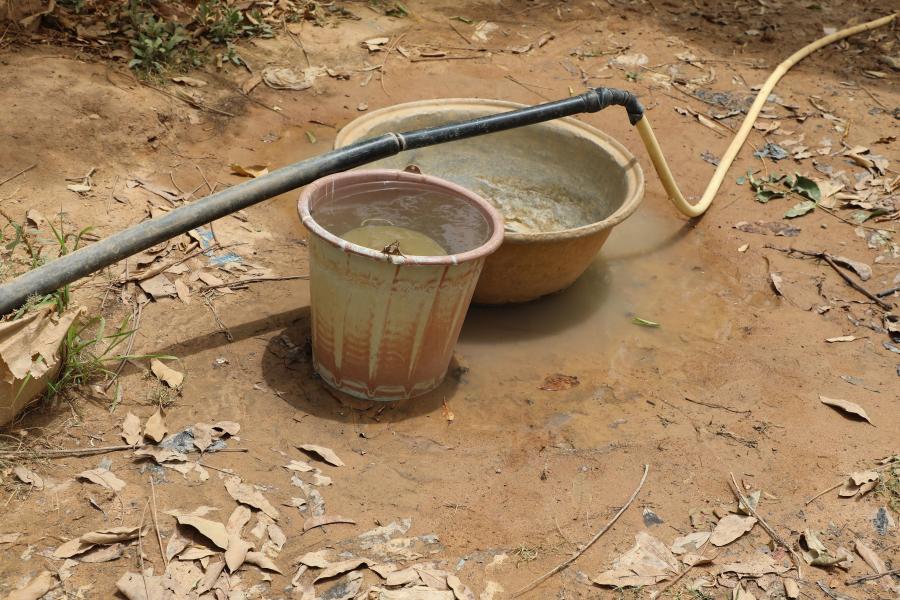
The need for finance and good advice
Building drainage and flood-protection systems require a lot of money and expertise. It takes a lot of time for cities to plan the placement of pipes and install them in the ground. Since construction will take about 18 months in the capital, “we need help and financial support to realize this project,” Djigemde says.
Nakoulima Moussa, a European Investment Bank investment officer responsible for West Africa, says projects like this help local people and the planet.
“This contributes to the UN Sustainable Development Goals,” he says. “Burkina Faso receives both a loan at a low price and important technical assistance that guarantees the project’s success.”
Better drainage better future
Flood prevention helps kids get to school, allows the sick to visit hospitals, reduces diseases and property damage, and makes daily life better for everyone.
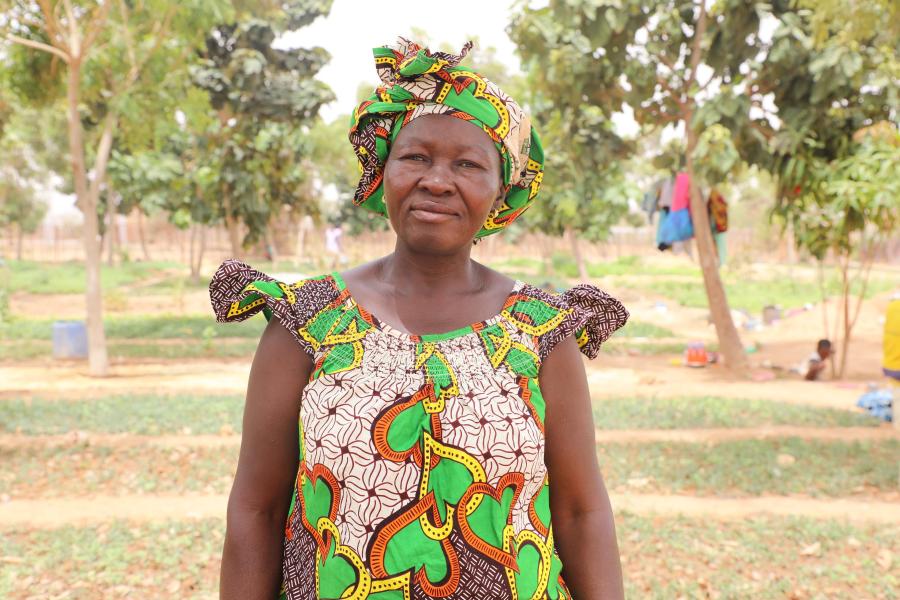
“The women are happy with their work, they like their work and they give it their all,” says Aminata. “This job allows us to pay for our children's schooling.”
The project will also create more jobs for vulnerable communities in Ouagadougou. “We use the excess water to cultivate parsley, mint, lettuce, sorrel, onions, amaranths, and corn, which we sell then on the food market,” says Aminata.”These gardens provide not only food but also jobs and income for women, widows, orphans, or women rejected by society.”
